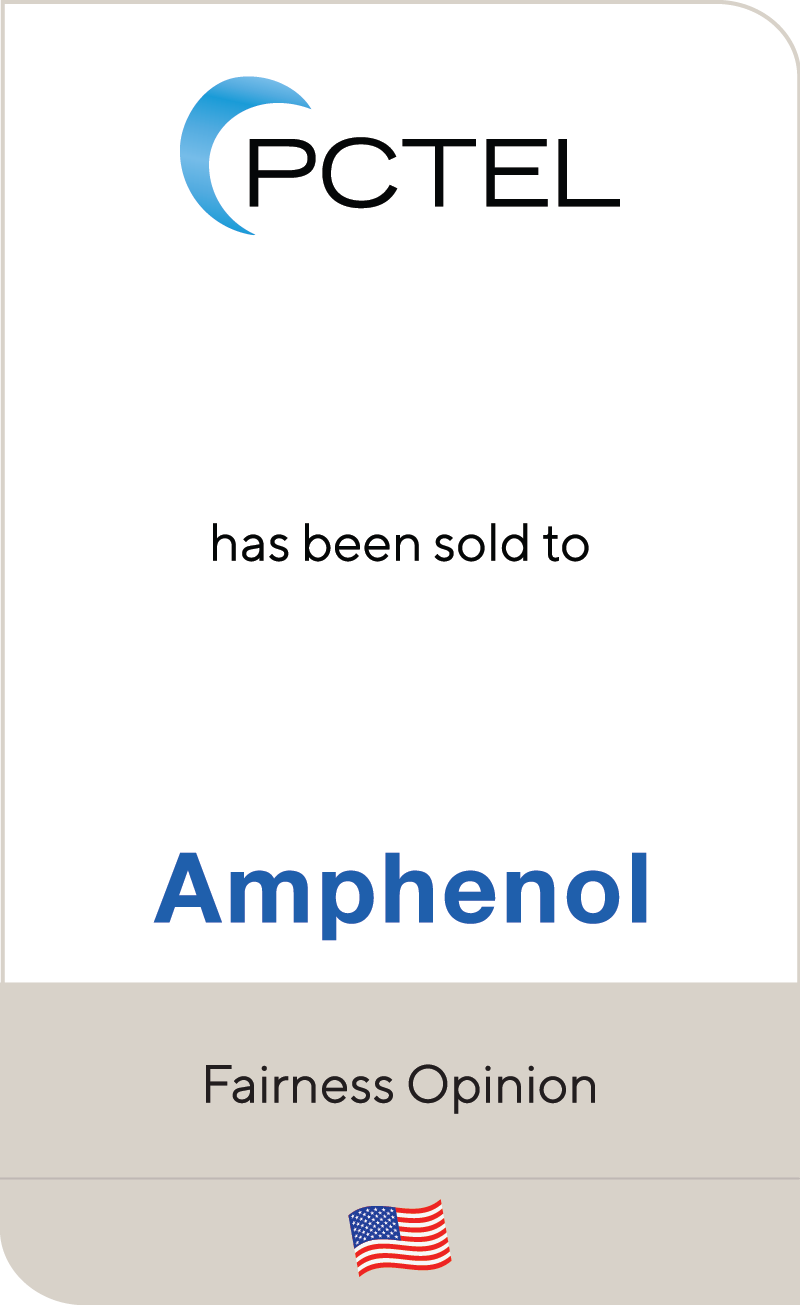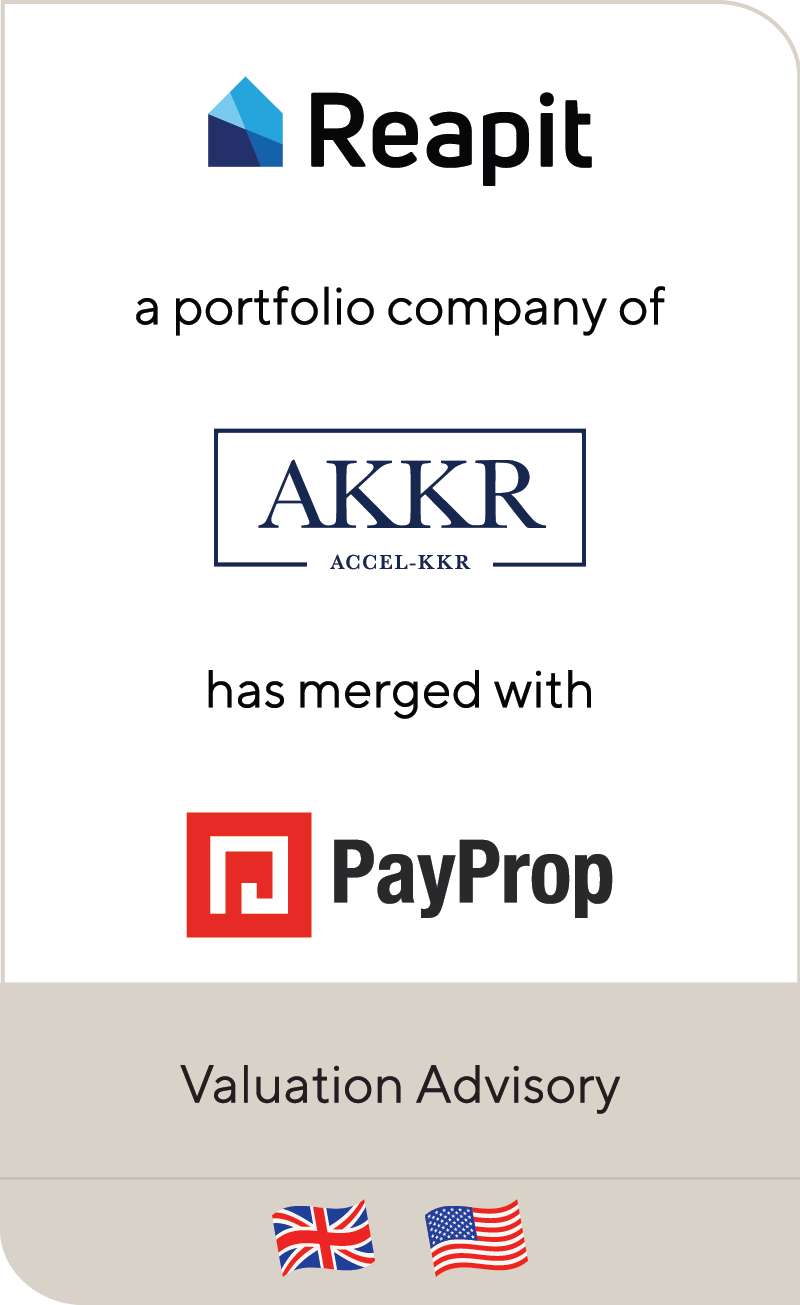Lincoln Private Market Index Increases Marginally on Higher Fundamental Performance Despite Multiple Pressure
Nov 2023
While private companies continued to achieve earnings growth, revenue growth slowed for a second straight quarter
The Lincoln Private Market Index (LPMI), the only index that tracks changes in the enterprise value of U.S. privately held companies, increased by 0.8% during the third quarter of 2023. The increase was the result of persistent earnings growth but was partially offset by a decline in multiples. The LPMI’s increase contrasted with the movement of the S&P 500, which decreased 3.7% since the second quarter.
For leveraged buyout transactions that closed in the past two quarters, multiples declined by approximately 1.5x since the beginning of 2023. The lower multiples may reflect, among other factors, buyers’ need to lower valuations to offset higher interest costs and lower debt capacity to still meet their targeted returns. Even for higher-multiple industries such as technology, media and telecom and healthcare, multiples have fallen.
Amid Slowing Revenue Growth, Earnings Growth has Stabilized
In Q3 2023, private companies tracked by Lincoln’s proprietary database only generated approximately 8.5% revenue growth, marking the first single-digit revenue growth quarter since Q4 2021. Despite the slowdown, the Q3 2023 revenue growth compares favorably to the long-term average of 7.5%. Similarly, the percentage of companies that experienced year-over-year revenue growth was its lowest since Q3 2021, with only 72% of companies growing revenue in the third quarter compared to 78% in the second quarter.
Although slowing revenue growth may signal a pullback in demand and an inability to pass on increased costs, earnings growth was steady. In Q3 2023, across private companies tracked by Lincoln, LTM EBITDA grew 4.3%, similar to Q2 2023. Additionally, 61% of companies experienced year-over-year EBITDA growth in the third quarter, which compares to 59% in Q2.
Somewhat unsurprisingly, companies in the consumer industry were the weakest performers in Q3. While consumer companies were able to generate marginal year-over-year revenue growth of 2.4%, EBITDA declined 1.5%. Both these figures represented the low water mark across all industries tracked by Lincoln.
“Time and time again we have observed that the movements in enterprise values of private companies are primarily a result of their fundamental performance,” said Steve Kaplan, Neubauer Distinguished Service Professor of Entrepreneurship and Finance at the University of Chicago Booth School of Business, who assists and advises Lincoln on the LPMI. “Therefore, if we start to see slowing demand trends negatively impact private company earnings, we could see a reversal of fortune in private company enterprise values.”
Defaults Decreased on Sustained Earnings and Amendments, While Private Credit Values Increase Modestly
While earnings continue to rise modestly, high-debt service costs are plaguing portfolio companies. Covenant default rates declined modestly from 4.2% to 3.9% between the second and third quarters. The decrease in defaults is partially explained by Lincoln’s observation of more than 675 amendments executed in the first nine months of 2023, or over 15% of all companies that Lincoln tracks. Of the amendments, a significant amount included coupon increases coupled with sponsor equity infusions. The trend suggests lenders and borrowers continue to proactively work through impending covenant defaults due to liquidity constraints and declining fixed charge coverage ratios.
Despite the increase in amendments, the Lincoln Senior Debt Index (LSDI) grew moderately, with the average fair value of loans increasing to 97.8% in Q3 from 96.9% in the prior quarter and the index showing its highest average yield since inception at 11.8%, which is reflective of the current persistently high base rate environment. Positive fair value trends were driven by modestly more competitive private credit activity and steady earnings growth. More specifically, larger transactions involving businesses with greater than $40.0 million of EBITDA saw spread tightening as lender competition for transactions involving high-quality and stable cash-flow generating businesses heightened. This trend manifested itself in 25 to 50 basis points (bps) of spread tightening for new issuances as well as tighter original issue discount requirements, which similarly tightened by 50 bps as competition heated up.
“The third quarter painted a picture of the resilience of the private markets,” said Ron Kahn, Managing Director and co-head of Lincoln’s Valuations & Opinions Group. “Despite a flurry of headwinds, private company performance has held up, and in turn, private credit investors have been the beneficiary as rising rates have led to higher all-in yields, which private companies have largely been able to withstand.”
Despite Positive Private Credit Trends, Portfolio Companies are Beginning to Feel the Pain
Not all borrowers are created equal in the current market. Most amendments in the third quarter were executed for deals that originated in or before 2021. These transactions were printed while market conditions allowed lower equity cushions and higher detachment points. Liquidity and cash flow challenges are now hitting these businesses the hardest. For the 2021 vintage, LTV has reached an average of approximately 45%, relative to 40% for 2023 deals.
For the most embattled portfolio companies—nearly 60 companies required multiple amendments in 2023—the impending liquidity crunch is too ominous to ignore. Companies in the business services and consumer sectors accounted for approximately 50% of the companies that required multiple amendments. Additionally, of the repeat offenders, over one-third were 2021 vintage credits.
Fixed charge coverage ratios declined again in the third quarter to an average of 1.10x, compared to 1.13x in the second quarter. When sensitizing fixed charge coverage for 5.5% SOFR for one year, coverage falls to 1.06x, which exhibits a concerning trend. However, on the same basis, the ratio has been stable since the first quarter, when it was 1.04x as businesses and sponsors are working to combat thin cash flow coverage by peeling away capital expenditures, which have fallen by approximately 6% since the beginning of 2023, and focusing on strengthening EBITDA, which has increased by 1.4% since the beginning of the year.
“Over the last year, many predicted a decrease in enterprise value multiples, but it is only now that we are seeing that decrease in valuations for deals getting done,” said Kahn. “While the number of acquisitions continues to be lower and may not yet be of sufficient size to extrapolate to the wider universe of companies, it may also be a harbinger of things to come as the elevated base rates have a larger negative impact on valuations than the higher performance.”
About the Lincoln Private Market Index & Lincoln Senior Debt Index
The LPMI is the only index that tracks changes in the enterprise value of U.S. privately held companies—primarily those owned by PE firms. With the LPMI, private equity (PE) firms and other investors can benchmark private companies’ performance against their peers and the public markets.
This index is differentiated from other indices as it (1) tracks enterprise values of private companies over time, (2) is based on valuations rather than executive surveys and (3) covers a wide sampling of companies across a range of PE firms’ portfolios.
The LPMI seeks to measure the variation in private companies’ enterprise values by analyzing the aggregate change in company earnings as well as the prevailing market multiples for approximately 1,500 private companies, each generating less than $250 million in annual earnings. The index is calculated using anonymized data on an aggregated basis by Lincoln’s Valuations & Opinions Group, which has distinctive insights into the financial performance of thousands of portfolio investments of financial sponsors, business development companies and private debt funds.
The methodology was determined by Lincoln in collaboration with Professors Steven Kaplan and Michael Minnis of the University of Chicago Booth School of Business. While other indices track changes to a company’s revenue or earnings, the LPMI is different in that it tracks the total value of these companies. Significantly, the large number of private companies used to create the LPMI helps ensure that the confidentiality of all company-specific information used in the index is maintained.
Further, in 2020, Lincoln launched the LSDI which provides insight into the direct lending market as a fair value index tracking the total return, price, spread and yield to maturity of direct lending securities. The index is developed using much of the same data as the LPMI and the methodology was determined by Lincoln in collaboration with Professor Pietro Veronesi of the University of Chicago Booth School of Business.
- IMPORTANT DISCLOSURE
- The Lincoln Private Market Index (LPMI), the only index that tracks changes in the enterprise value of U.S. privately held companies, increased by 0.8% during the third quarter of 2023.
- Click here to view the full Q3 2023 Lincoln Private Market Index.
- Sign up to receive Lincoln's perspectives
Important Disclosure
The Lincoln Private Market Index is an informational indicator only, and does not constitute investment advice or an offer to sell or a solicitation to buy any security. It is not possible to directly invest in the Lincoln Private Market Index. Some of the statements above contain opinions based upon certain assumptions regarding the data used to create the Lincoln Private Market Index, and these opinions and assumptions may prove incorrect. Actual results could vary materially from those implied or expressed in such statements for any reason. The Lincoln Private Market Index has been created on the basis of information provided by third-party sources that are believed to be reliable, but Lincoln International has not conducted an independent verification of such information. Lincoln International makes no warranty or representation as to the accuracy or completeness of such third-party information.
The LPMI should not be construed as an offer to sell or buy, or a solicitation to sell or buy, any products linked to the performance of the LPMI. The use of the LPMI in any manner, including for benchmarking purposes, is not endorsed or recommended by Lincoln International and Lincoln International is not responsible for any use made of the LPMI. Lincoln International does not guarantee the accuracy and/or completeness of the LPMI and Lincoln International shall not have any liability for any errors or omissions therein. None of Lincoln International, any of its affiliates or subsidiaries, nor any of its directors, officers, employees, representatives, delegates or agents shall have any responsibility to any person (whether as a result of negligence or otherwise) for any determination made or anything done (or omitted to be determined or done) in respect of the LPMI and any use to which any person may put the LPMI. Lincoln International has no obligation to update the LPMI and has no obligation to investors with respect to any product based on the performance of the LPMI. Any investment in such a product will not acquire an interest in the LPMI. Lincoln International is not an investment adviser and will not provide any financial advice relating to a product linked to the performance of the LPMI. Investors should read any such product offering documentation and consult with their own legal, financial and tax advisors before investing in any such product.
© 2023 Lincoln Partners Advisors LLC. All rights reserved. LINCOLN PRIVATE MARKET INDEX and LINCOLN INTERNATIONAL are service marks owned by Lincoln Partners Advisors LLC and its affiliated entities. Any use of these service marks and these materials, including the reproduction, modification, distribution or republication of these materials, without the prior written consent of Lincoln International, is strictly prohibited.
Meet Our Senior Team in Valuations & Opinions

I enjoy the opportunity to provide clients with insightful and unbiased advice that will help them make the most informed decisions possible.
Ron Kahn
Managing Director & Co-head of Valuations & Opinions
ChicagoPerspectives & Publications

Investors in Healthcare | Q&A with Lincoln Professionals
Originally posted by Investors in Healthcare on July 25, 2024. Lincoln International, the U.S.-headquartered global investment banking advisor, is a well-known name in the European healthcare markets, providing advice to… Read More

In the Headlines: Q1 2024 Lincoln European Valuation Insights
Lincoln International’s Valuations & Opinions Group recently shared findings from its proprietary European valuation insights with several publications. Bloomberg Private Debt Investor Prequin

Webinar | Valuations & Opinions Group Q2 2024 Private Market Webinar
Thank you for your interest in Lincoln’s Webinar: Valuations & Opinions Group Q2 2024 Private Market Webinar. All request submissions will be evaluated and a member of our team will… Read More

City A.M. | UK Acquisition Deals Fall to Pandemic Low as Foreign Eyes Turn Away from London
Originally posted by City A.M. on June 4, 2024. UK M&A fell to its lowest in March since 2020, with foreign firms’ purchases of British businesses nearly halving over Q2.… Read More



















